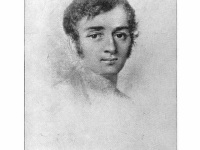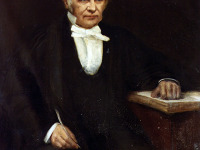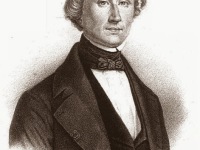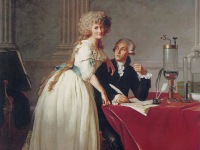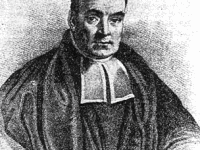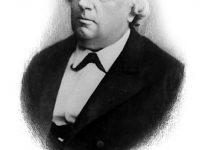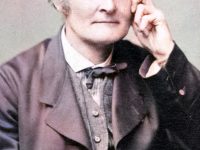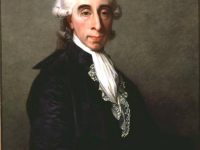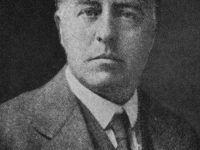Joseph Nicollet and the Upper Mississippi River
On July 24, 1786, French geographer, astronomer, and mathematician Joseph Nicolas Nicollet was born. He is best known for mapping the Upper Mississippi River basin during the 1830s. Nicollet’s maps were among the most accurate of the time and they provided the basis for all subsequent maps of the American interior. Jean-Nicholas Nicollet – Building up a Reputation Jean-Nicolas Nicollet was born in Cluses, Savoy, France. He was very bright, showing aptitude in mathematics and…
Read more

